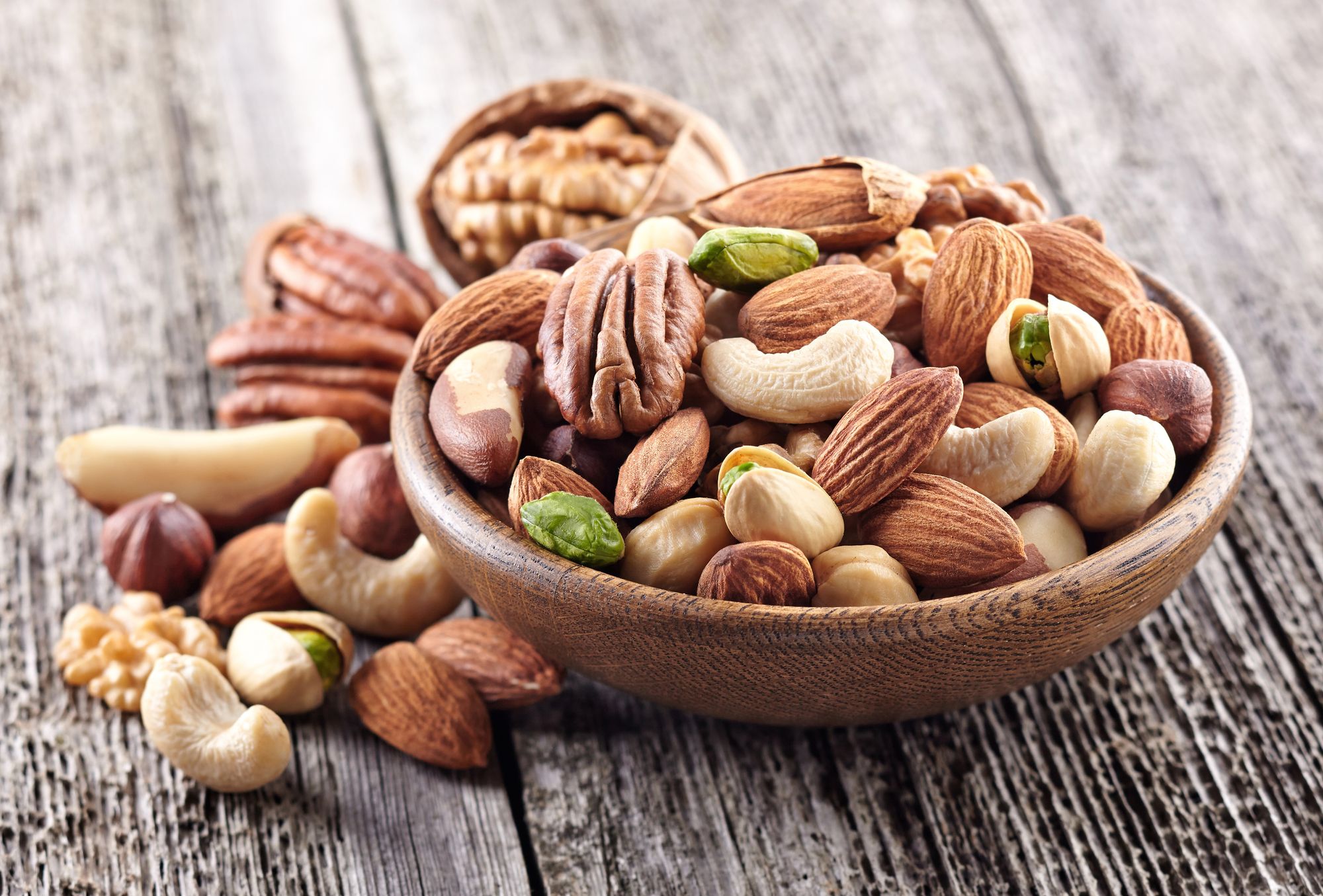Groundbreaking research conducted by the Australian National University reveals a promising connection between dietary choices and brain youthfulness. The European Journal of Nutrition recently published a study in March 2023, which indicates that consuming substantial quantities of magnesium-rich foods can potentially reduce brain aging by up to one year in healthy adults aged 55 and above.
To conduct this study, a total of 6,001 cognitively sound adults between the ages of 40 and 73 participated and completed five food recall questionnaires over a span of 16 months to assess their magnesium consumption. The findings showed that individuals who maintained a daily intake of 550 milligrams of magnesium possessed brains that appeared a year younger at the age of 55, in comparison to those who consumed only 350 milligrams of magnesium per day.
Study Suggests a 41% Boost in Magnesium Intake for Enhanced Brain Health and Dementia Prevention
The findings from the aforementioned study have prompted researchers to project that a substantial 41% increase in magnesium consumption could have profound benefits for brain health. By preserving cognitive function and potentially delaying the onset of dementia in later years, this dietary adjustment holds promising implications.

Lauren Manaker, MS, RDN, a registered dietitian, author of "The First Time Mom's Pregnancy Cookbook and Fueling Male Fertility," emphasizes the profound impact our diet can have on various aspects of our well-being, including brain health. She explains that magnesium plays a crucial role in nerve transmission and stimulates GABA levels in the brain, showcasing its significance in brain function.
However, experts caution against solely relying on magnesium supplements for achieving optimal brain health. Manaker emphasizes the importance of considering dietary intake of magnesium rather than relying solely on supplements. This distinction is vital because magnesium-rich foods not only provide magnesium but also offer a wealth of other essential nutrients and antioxidants. These synergistic components work in harmony to safeguard the brain.
A range of foods can serve as excellent sources of magnesium, such as pumpkin seeds, almonds, chia seeds, boiled spinach, Swiss chard, soy milk, roasted cashews, shredded wheat cereals, and peanut butter. By incorporating these nutrient-rich options into the diet, individuals can harness the potential benefits for brain health while enjoying a diverse array of essential nutrients and antioxidants.

The recommended dietary allowance (RDA) for magnesium varies based on age and gender. For males between 19 and 30 years old, a minimum of 400 milligrams per day is recommended, which increases to 420 milligrams per day after the age of 31. On the other hand, females within the same age range should aim for at least 310 milligrams daily, which rises to 320 milligrams after reaching 31 years of age.
Interestingly, the brain-boosting advantages of magnesium were observed when individuals consumed 50% more than the RDA. This raises the question of whether it's possible to consume excessive amounts of magnesium.
In healthy adults, excessive magnesium from food is typically not a concern since the kidneys effectively eliminate any surplus. However, the same cannot be said for magnesium supplements.
According to Manaker, "Taking excessive amounts of magnesium supplements, particularly in certain forms, may lead to undesirable side effects, including diarrhea and gastrointestinal discomfort."
While this study primarily focused on magnesium's impact on brain health, similar research has highlighted the benefits of other nutrients. Lutein, for example, supports visual and cognitive function from childhood through old age, as stated in a review published in July 2019 in Current Developments in Nutrition.
Manaker explains, "Lutein is a carotenoid rich in antioxidants found in dark green leafy vegetables, corn, eggs, and avocados, and it may provide cognitive benefits throughout all stages of life."
Dark green leafy vegetables like Swiss chard and spinach serve as excellent sources of both magnesium and lutein, making them valuable additions to the diet for promoting brain health.

